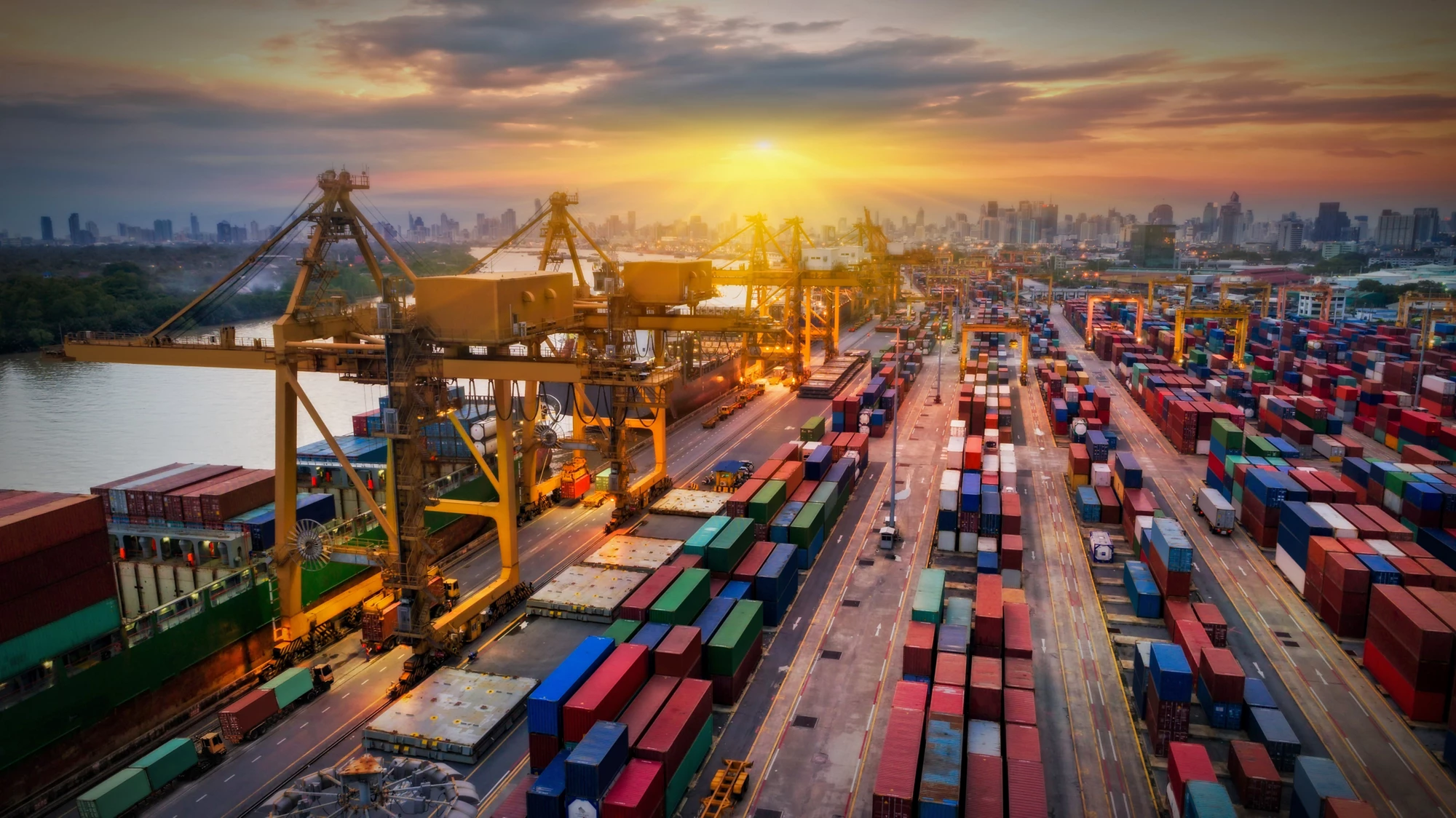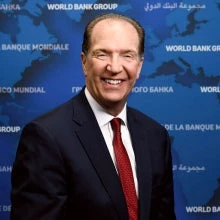 © Travel mania/Shutterstock
© Travel mania/Shutterstock
Weak investment and a deepening slowdown in global trade have reduced the growth rates in many emerging markets and developing economies. The longer-term outlook is often further eroded by business climates that misallocate or discourage investment. For many countries, young and rapidly growing populations add to the urgency of adopting growth policies that improve the business climate and attract more investment.
The new edition of the World Bank’s Global Economic Prospects report describes the difficult landscape confronting many developing economies, and identifies substantial risks in the outlook. These include the deepening slowdown in global growth, financial market stress and rising trade barriers. Global trade is growing at its weakest pace since the 2008-2009 financial crisis, with trade barriers in major economies adding to costs and creating uncertainty about trade rules and supply chains.
The report lowers the World Bank’s 2019 global growth forecast to 2.6 percent, the lowest in three years, with a stabilization at only 2.7-2.8 percent in 2020-21. Weaker global growth compounds the investment challenge in many emerging markets and developing economies, where investment growth has lagged behind long-term averages since 2012. That investment shortfall undermines future growth prospects and highlights the difficulty in meeting extensive investment needs in education, health, infrastructure and other areas.
The World Bank’s core mission is to alleviate poverty and promote shared prosperity in which living standards rise for all, including, and especially, for those in the bottom of the income distribution. The new report details the added difficulties facing low-income countries in the effort to improve living standards. A number of low-income countries achieved middle-income status between 2000 and 2018, but many of today’s low-income countries are poorer, more fragile, constrained geographically, and heavily reliant on subsistence agriculture. For the World Bank to assist, the most effective approach is often country-specific, and we are taking several important steps to realign our resources and operations along these lines.
In almost all cases, both comprehensive and specific policy changes are a necessary step to improve the business environment and increase investment and growth. To prosper, emerging markets and developing economies need to increase openness, liberalize markets and prices, strengthen laws and regulations that protect property, and allow competition, including the ability of the private sector to compete freely with state-owned enterprises.
The financing of sound investment is also a necessary step to faster, sustainable growth. Debt can be a useful tool if it is transparent, well-managed, and well-spent in the context of a credible growth policy. But, too often, this is not the case.
The World Bank is working hard on steps to encourage debt transparency as a critical part of building a productive investment climate and greater trust in governments and institutions. Comprehensive transparency is needed so that debt finds effective uses, but it is hard to achieve because of the complexity of the different forms of debt and debt-equivalent instruments. In many emerging markets and developing economies, people are burdened by explicit and implicit debt guarantees, over-collateralization that ties up key national resources, state-guaranteed returns on private investment projects, the myriad obligations of state-owned enterprises, and future supply and repayment commitments that will have to be fulfilled long after politicians have spent the proceeds of the loan.
Achieving debt transparency faces an uphill battle because many of the incentives work against it. Not only do borrowers often shun transparency, but lenders and intermediaries may prefer less scrutiny of their contracts. If problems occur, extend and pretend is often the path of least resistance.
Prompt, comprehensive, and publicly accessible reporting of debt would go a long way toward establishing confidence and inviting more investment. A good starting point is full transparency of the debt of state-owned enterprises. Institutional frameworks for sound fiscal policy—such as well-designed debt and budget approval processes —can limit the ability of short-lived governments to spend on pet projects and may help fractious coalitions choose good spending priorities. More robust governance processes, including effective checks and balances in the political process and anti-corruption efforts, can keep leaders from using debt to benefit their personal interests over shared prosperity.
One of the World Bank’s key goals is to help countries set a clear path toward strong development outcomes, including substantial increases in well-allocated investment. This is especially urgent given the weakness in global growth, investment and trade.
This post was originally published on LinkedIn.



Join the Conversation